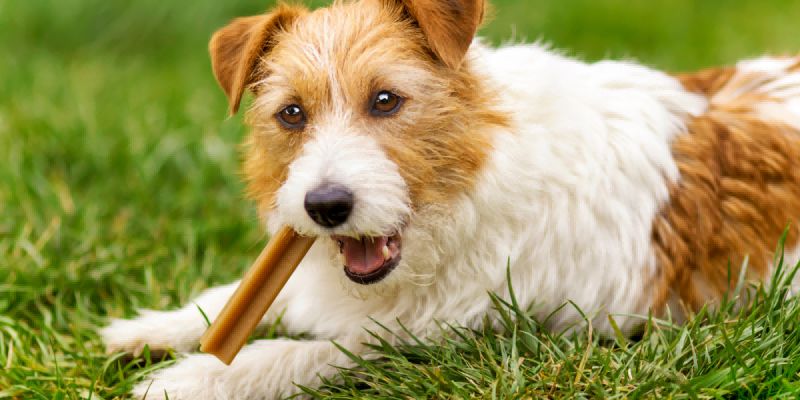Dental care is a crucial aspect of your dog's overall health, but what do you do when your furry friend staunchly refuses to have their teeth brushed? This common challenge can be frustrating for pet owners, but there are effective alternatives to maintain your dog's dental health without resorting to brushing.
Understanding Your Dog's Reluctance
Dogs may resist teeth brushing due to discomfort, unfamiliarity, or negative past experiences. Understanding your dog’s specific reasons is the first step in finding a suitable alternative solution.
Ways to clean dog teeth without brushing
How to clean dog teeth without brushing? There are several effective methods to clean your dog’s teeth without brushing. These alternatives not only promote oral health but can also be enjoyable for your dog.
Dental Chews and Treats
Dental chews and treats are specially designed to reduce plaque and tartar buildup. They work by mechanically scraping the teeth clean as your dog chews. When selecting these products, consider your dog’s size, chewing behavior, and any dietary restrictions.
Water and Food Additives
Additives can be mixed into your dog's food or water to promote dental health. These products often contain ingredients that reduce bacteria and plaque in the mouth. They are an easy, non-invasive way to boost oral hygiene.
Dental Toys
Dental toys encourage your dog to chew and play, which naturally helps clean their teeth. Look for toys made of safe, durable materials designed to remove plaque and massage the gums. Ensure the size and durability match your dog’s chewing style.
Professional Dental Cleaning
If home methods are insufficient, professional dental cleaning by a veterinarian might be necessary. This process typically involves anesthesia and allows for a thorough cleaning of your dog's teeth and gums.
Maintaining a Dental-Friendly Diet
A diet that promotes dental health can also play a significant role. Crunchy kibbles, for instance, can help scrape away plaque. Consult your vet for recommendations on dental-friendly dog foods.
Gradual Introduction to Brushing
For long-term dental care, gradually introducing your dog to brushing can be beneficial. Start with letting them taste pet-safe toothpaste, then gently brush a few teeth, and slowly increase the duration over time.
Regular Veterinary Check-Ups
Regular check-ups with your vet are vital. They can monitor your dog’s dental health and provide professional advice tailored to your pet’s needs.
Conclusion
While brushing is the gold standard for canine dental care, it's not always possible. Fortunately, there are various alternatives to keep your dog's teeth clean and healthy. Experiment with these options to find what works best for your pet, and always consult with your veterinarian for guidance on maintaining optimal dental health for your dog.


